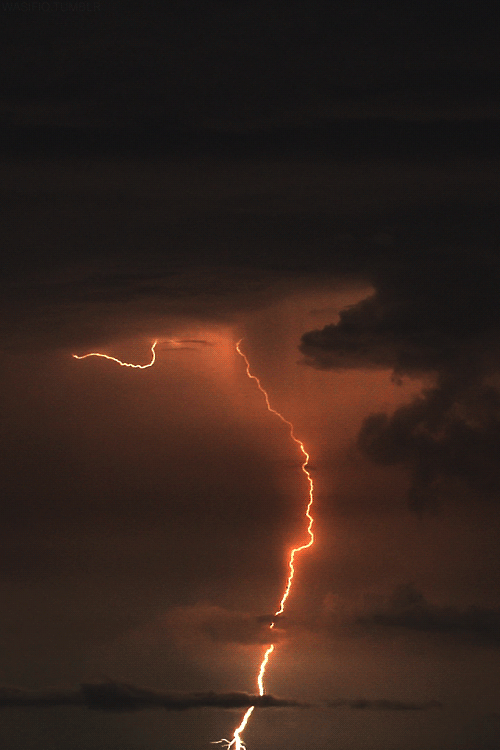"Summer!" I said in my heart, and in the pride of my heart, at the beginning of the sixth month, the month of June. "Summer is a time of resting and relaxing, of wide-open schedules and blank calendars, of laying in the grass and sipping lemonade. Therefore I will take this summer, to use it as my own, and I will perform many great works this summer; I will finish the first draft of
my novel, yea, even the one which I have for so long been working on, and I will write a certain amount of chapters for my other story, yea, even one a week, for the whole summer. And I will study 5 hours a day everyday, and I shall take eight CLEP tests this summer. For I, Lauren, have the whole summer ahead of me, empty, and I shall do with the time what I please."
So even as I spoke these words in my heart I congratulated myself on the marvelous accomplishments I would do this summer. And so the day of planning and the day of lofty goals was the first day of summer.
Then the first week came and I said in my heart "I will not start my plans today. Today is a day for packing, a day for planning ahead for next week's vacation. I will put off my goals until next week." So the first week came and, just as certainly, the first week went.
Then came the second week and I went on vacation; yea, even
to the Oregon coast, to the mighty Pacific ocean. And I said in my heart "This is a week for relaxing, for rejoicing. It is not a week for working or for toiling. I will put off my goals until next week." So the second week came and, just as certainly, the second week went.
When the third week arrived I said in my heart "I am just
back from vacation. I am tired. Surely if I put off my goals another week, I will be more rested." And as I said in my heart, so I did, and rested the third week. So it came and, just as certainly, it went.
In the fourth week a dreadful cold assailed me, so that my eyes watered and my nose was stuffed up. And a fever racked my bones, and a great headache, so that I could hardly stand. And as I lay upon my bed, I said to myself "by dose id do duffed ub, ad by headayg id do bad, I gadot work od by goals." So the fourth week came and, just as miserably, the fourth week went.
Then the fifth week came, and with it a sore throat, and even so a cough. And I studied a little for my CLEP test, even for Social Sciences & History, as I should have been doing. And I worked on editing
this video, and celebrated Independence day, but not much else in the fifth week, the first week of July. So it came and, just as certainly, it went.
And the sixth week came, and I lifted up mine eyes and, behold, the summer was nearly halfway over. And I was astonished, and I was much troubled, and inquired within my heart, even within the depths of my heart, where my summer had gone. And I looked and found that I had been procrastinating this summer, and my schedule had not been empty, and I had much to do and many places to go. And I was troubled, and I said within my heart "where will I find time to accomplish my goals, the goals that I set at the beginning of summer, even six weeks ago?"
So I went to the library and requested a book; and the name of the book was
Eat That Frog, and the book was written to help those who suffered, as I suffered, from poor time management skills. So I read the book, and I heeded the words of the author; and I compiled a more detailed list for my summer, yea, even for the remainder I had left.
But it happened that as I pursued my goals I neglected that which I had heretofore been faithful to; my blog. And I worked on my writing and my CLEPs, and my blog fell by the wayside.
Then this day I lifted up mine eyes and, behold, my blog was neglected, and I said in my heart "I will write a post; yea, even one that explains why I have neglected my blog."
And as I spoke in my heart, so I have done it, that you may know why I have been absent. I, Lauren, have written this post; this salutation with my own keyboard I write. The grace of our Lord Jesus Christ be with you all. Amen.
(*)
How are your summer plans going?







































